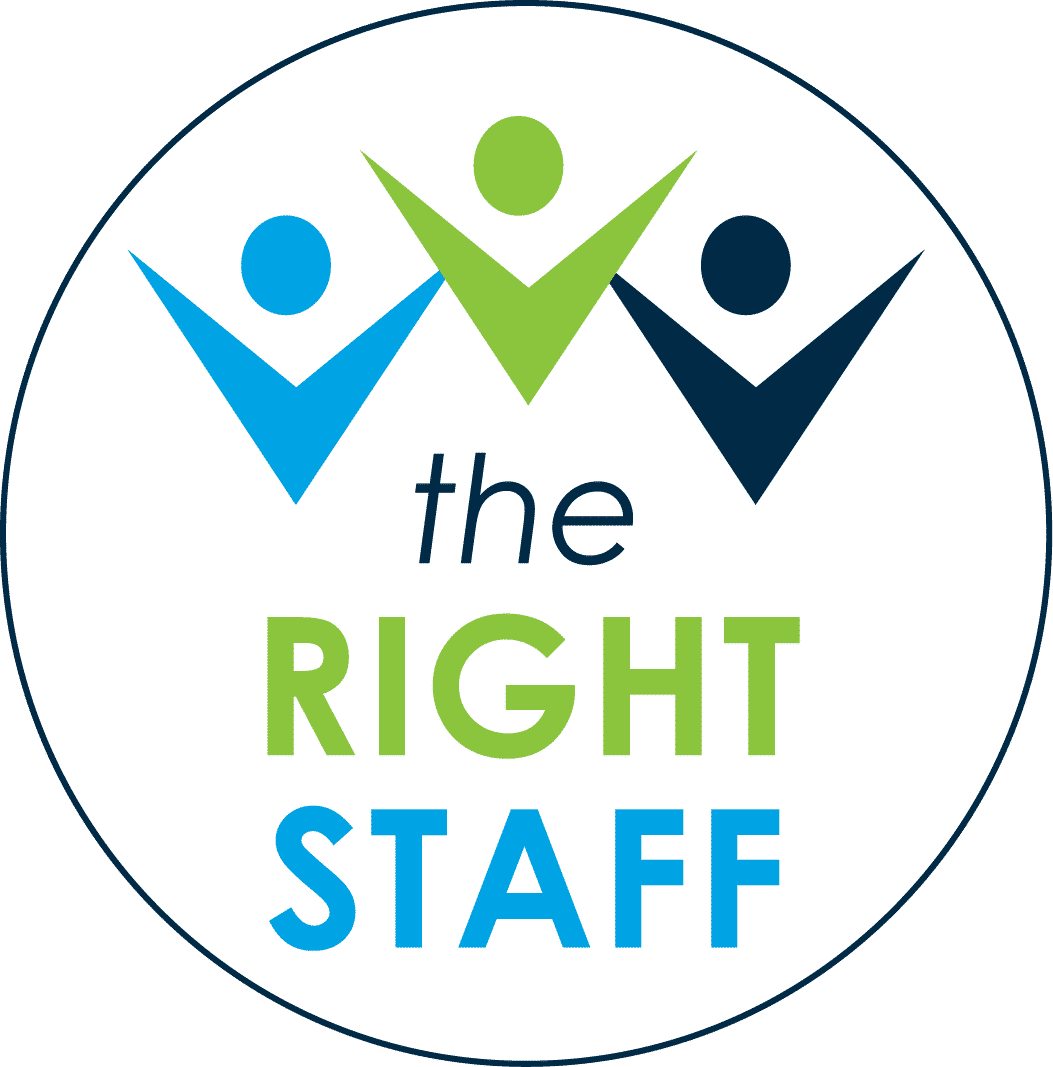Temporary staff can make business easier in innumerable ways. And when a company brings on a temp worker, “ease” is often exactly what they’re looking for.
To help ensure your temporary workers succeed in their jobs, prepare them for success by easing their entry into your company. Keep these five steps in mind:
- Make the temporary worker’s job clear. Most conflicts between temp staff and your regular employees arise when a staff member is not clear about the role of the temporary help. Avoid these conflicts and prepare your temporary staff for success by making clear why the temp help is there, what job duties the temporary staff are expected to perform, and what regular staff should do. If temp workers are on board to complete a particular project, ensure their work focuses on that project and that regular staff stick to their day to day work. If temp staff handle overflow, set up processes for identifying “overflow” versus “daily work” and for deciding who will assign “overflow” tasks to the temp.
- Provide a specific workspace for temp help. While you want temporary workers to become comfortable asking for advice or help from your regular staff, simply “dropping” a temp into the workspace without a place to work is confusing for everyone. Make sure temporary staff have a workspace to call their own, just as regular staff do. If temp staff are focused on a particular project, you may want to create a “project-specific” space in which they can work, keeping them out of the day-to-day workflow.
- Offer effective “onboarding.” Just like direct-hire employees, temporary staff need “onboarding” that orients them to the particular details of the work and how it should be done in your Work with your staffing partner to divide the tasks of “onboarding” so that your staffing firm provides general background and your organization provides job-specific details.
- Hold “exit interviews.” You can learn a great deal about the effectiveness and success of your temporary staffing by asking temp workers about their experiences in an “exit interview.” Ask workers how well their onboarding prepared them, how well their daily workflow was managed, and how successful they felt their work was as a result. Your staffing firm can help you structure and execute these interviews.
- Communicate with your staffing firm. Think of the job order you submit for temporary help as the first point of contact with your staffing partner – not the last. Regular feedback about your temporary staff’s progress, productivity, and effectiveness can help your staffing firm provide helpful tips to improve success. Your staffing partner will also file away your feedback for future reference when recommending future temporary workers, improving the quality of future candidates.
At THE RIGHT STAFF, LLC, our experienced recruiters strive to ensure that every hire our clients make is successful – whether it’s a direct hire or a contract worker. Contact us today to learn more.



